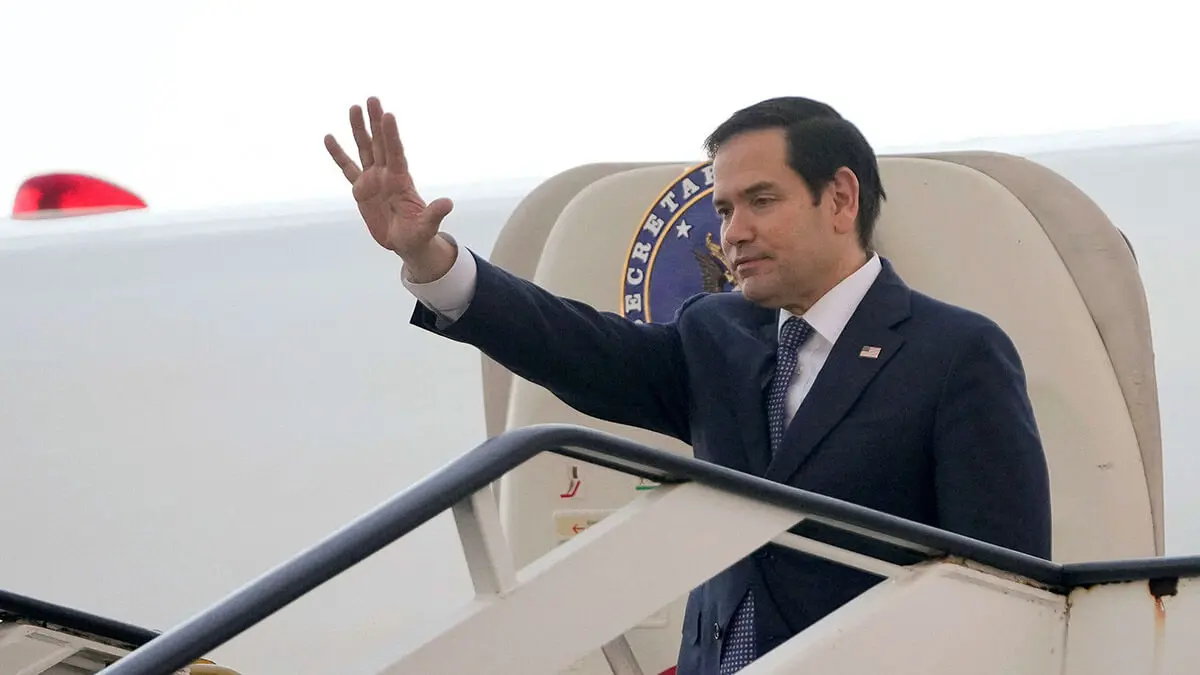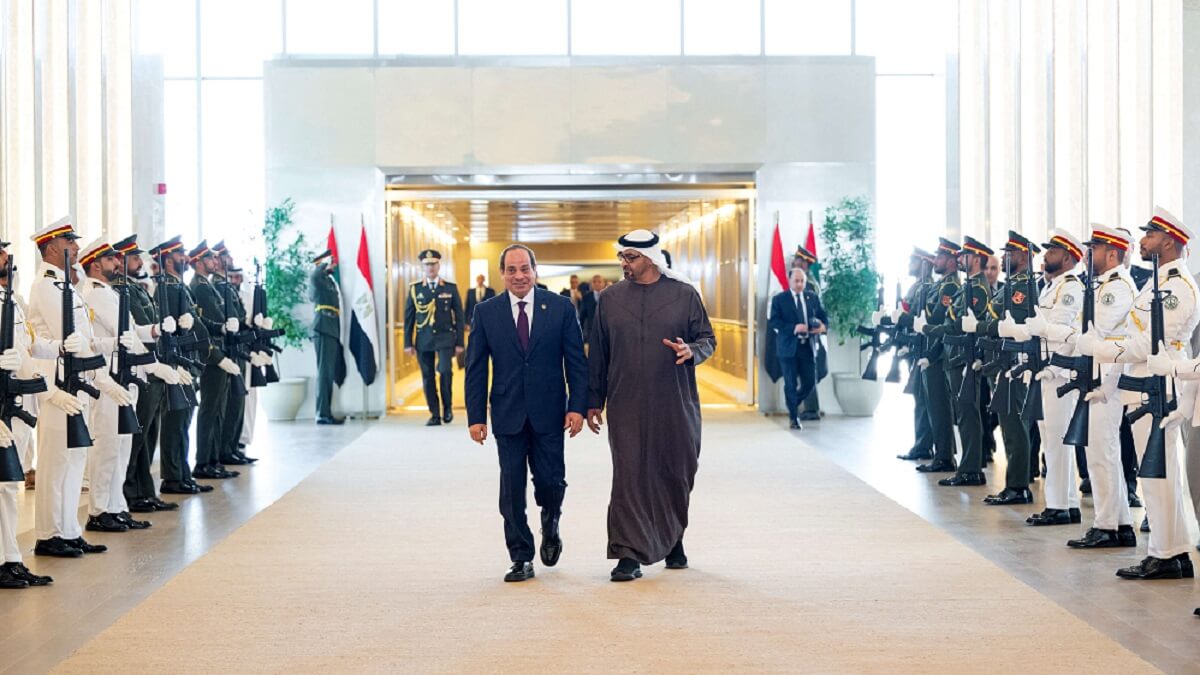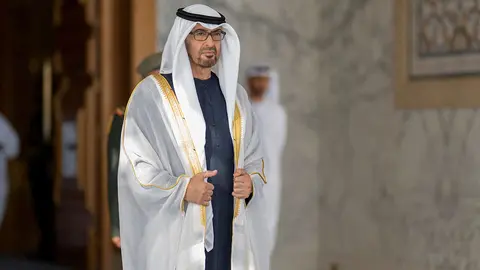The United States is open to the Arab proposal for Gaza

Following the regional tensions caused by the plan for Gaza presented by the President of the United States, Donald Trump, several Arab countries have begun to develop proposals for the future of the Palestinian enclave.
In this sense, Washington has opened the door to an Arab initiative on the future of Gaza, which will be presented to Trump as an alternative to his own proposal. ‘Right now the only plan they have is Trump's, but they don't like it. If they have a better plan, now is the time to present it,’ said Secretary of State Marco Rubio during an American radio programme. ‘We hope they have a really good plan to present to the president,’ he added.
RUBIO TO ARAB NATIONS: SHOW US YOUR GAZA PLAN
— The Clay Travis & Buck Sexton Show (@clayandbuck) February 13, 2025
.@SecRubio to @ClayTravis and @BuckSexton: "If the Arab countries have a better plan, then that's great. They say they do, they're going to come up with it... Obviously, I can tell you any plan that leaves Hamas there is going to be… pic.twitter.com/E1aKnLLfBZ
Trump's proposal envisaged the deportation of Palestinians from Gaza to neighbouring countries, such as Egypt and Jordan, and for the United States to assume ‘long-term ownership’ of the Palestinian enclave, transforming it into a real estate project in the Mediterranean.
Both Egypt and Jordan have rejected the plan due to the threats it would pose to their national stability. In addition, the Hashemite Kingdom already hosts more than two million Palestinian refugees, while Cairo has been fighting the Muslim Brotherhood, an Islamist organisation to which Hamas belongs, for years.
Apart from the logistical and social challenges of taking in more refugees, Egypt is concerned about the presence of groups like Hamas, which, although rooted in the Muslim Brotherhood, has its own political and military agenda.
Due to these threats, Cairo has put forward a proposal, in coordination with the Arab countries, to rebuild Gaza, allowing its residents to remain in the enclave. According to the first details of the initiative revealed to the Al Arabiya channel, Egypt plans to establish several safe zones within six months.

These areas would be cleaned and key infrastructure, such as hospitals and schools, would be built to facilitate the return of residents. Within 18 months, new housing would be built. The project will involve 24 international companies and 18 consulting firms, as well as support from the Arab world and Europe, according to sources from the Saudi media.
Rubio said he believed the Arab states were ‘working in good faith’, but made it clear that a red line was that Hamas should have no role in the future. ‘If the countries in the region cannot solve that problem, then it will be Israel that has to do it, and we will return to the previous situation,’ he warned
Regarding the rejection of Trump's plan by Arab nations, Rubio has pointed out that, despite the fact that ‘all these countries say they care about the Palestinians’, none of them ‘want to take in any Palestinians’. Rubio, who will travel to the Middle East this weekend, said he intended to address these ideas during his visits to Saudi Arabia, the United Arab Emirates and Israel, following his previous talks in Washington with Egypt and Jordan.

Rubio's predecessor, Antony Blinken, proposed a plan in which international powers and the United Nations would assume a temporary role in Gaza until the Palestinian Authority could take charge of the war-torn enclave.
However, Israel does not consider the Palestinian Authority to be a trustworthy leader in Gaza, as it does not have effective control or the capacity to impose its authority in the enclave due to the presence and power of Hamas.
For his part, Trump has warned Cairo and Amman of the repercussions if they do not accept the more than two million Palestinians in Gaza, putting pressure on neighbouring countries to back his plan. Washington is a key ally for both countries in several areas, especially in military matters.










